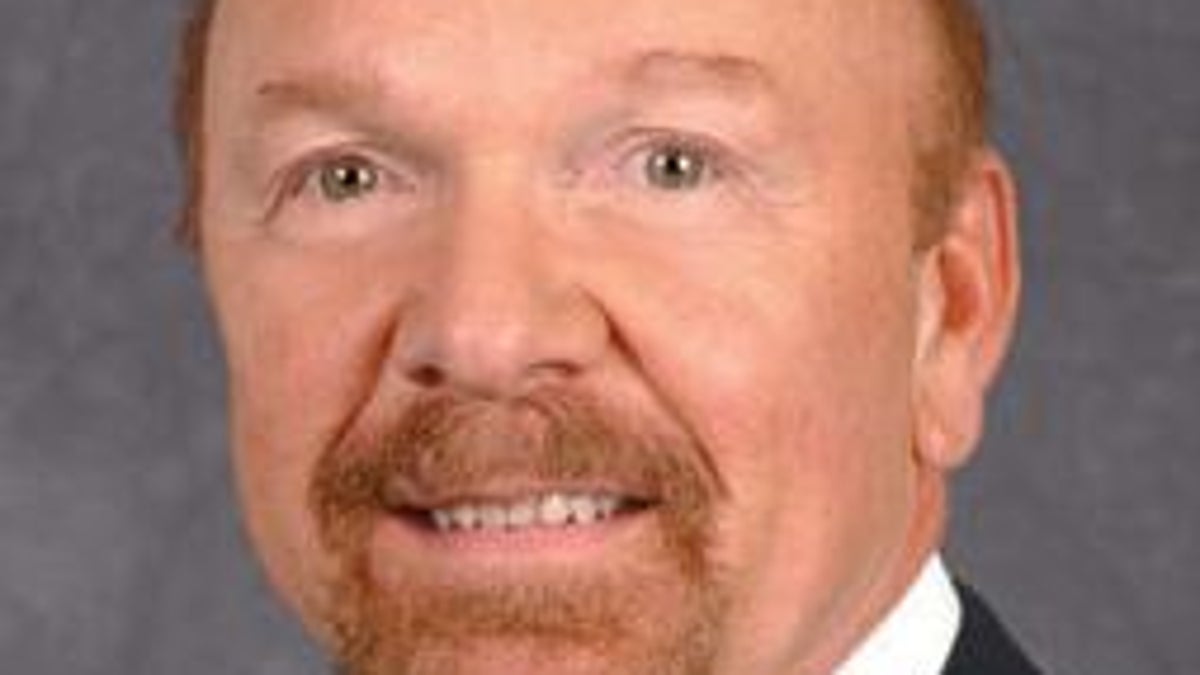Founder Schulze submits proposal to acquire Best Buy
Richard Schulze, who was recently ousted from his position as board chairman, is offering a price of between $24 and $26 per share.

Best Buy founder and ousted chairman Richard Schulze has, as expected, submitted a proposal to acquire the brick-and-mortar retailer.
Under the terms of the deal, Schulze, who owns about 20 percent of Best Buy already, would pay between $24 and $26 per share in cash to the company to acquire the outstanding shares he doesn't own. If Best Buy were to accept the offer, the company would score a premium of 36 percent to 47 percent on its Friday closing price of $17.64.
If Schulze gets his way, he'll take Best Buy from the stock market and turn it private.
"There is no question that now is the moment of truth for Best Buy and that immediate and substantial changes are needed for the company to return to its market-leading ways," Schulze said today in a statement. "After assessing all of my options, it is my strong belief that Best Buy's best chance for renewed success is to implement with urgency the necessary changes as a private company."
In order to finance the deal, Schulze has enlisted the help of private equity firms. He will also reinvest approximately $1 billion of his own equity and take on some debt. However, Schulze is making the proposal before actually inking any deals from the private equity firms or securing debt financing from banks.
"While he has not reached any agreements with any of the private equity firms or former executives, Schulze is confident, based on discussions held to date, that he can do so in short order with the consent of the Best Buy Board to form a group," today's statement read.
Schulze said he has spoken with former CEO Brad Anderson, who retired from the company last year, about rejoining the retailer. Former Chief Operating Officer Allen Lenzmeier is also interested in making a comeback if the deal is approved.
Schulze founded Best Buy in 1966 and served as the company's CEO until 2002. During that period, Best Buy tallied mammoth growth and became a top player in the brick-and-mortar retail industry. Over the last several years, Schulze has held the chairman role, overseeing the company's top executives.
Earlier this year, however, Schulze found himself caught up in a scandal involving former CEO Brian Dunn. According to Best Buy's audit committee, which conducted an investigation, Dunn had engaged in an "extremely close personal relationship with a female employee that negatively impacted the work environment." After that relationship was discovered, Dunn was asked to resign as chairman.
During the investigation, the audit committee found that Schulze had learned of the relationship in December but didn't inform anyone, prompting the board to ask him to step down.
"In December, when the conduct of our then-CEO was brought to my attention, I confronted him with the allegations (which he denied), told him his conduct was totally unacceptable and contrary to Best Buy's policies and everything I, and the Company, stand for," Schulze said in a statement at the time. "I understand and accept the findings of the Audit Committee."
Since then, Schulze has made it clear that he was eyeing a buyout, going as far as resigning from the board in June to "explore options for 20.1 percent ownership stake."
"I continue to believe in Best Buy and its future -- and care deeply about its customers, employees and shareholders," Schulze said in a statement last month. "There is an urgent need for Best Buy to reinvigorate growth by reconnecting with today's customers and building pathways to the next generation of consumers."
Best Buy is in the midst of a downturn. During the company's last fiscal year, ended March 3, it posted a loss of $1.2 billion on $50.7 billion in revenue. During the prior year, Best Buy generated a $1.3 billion profit.
To address those problems, Best Buy announced earlier this year that it would close 50 stores. It's also reportedly working on a new store design that reduces square footage, and thus, rent, and increases the visibility of products consumers are most likely to purchase.
Meanwhile, investors have taken notice of Best Buy's troubles, selling off shares at a rapid rate. Since the beginning of this year alone, Best Buy shares are down 25 percent, and since last summer, they've sunk 31 percent.
CNET has contacted Best Buy for comment. We will update this story when we have more information.

